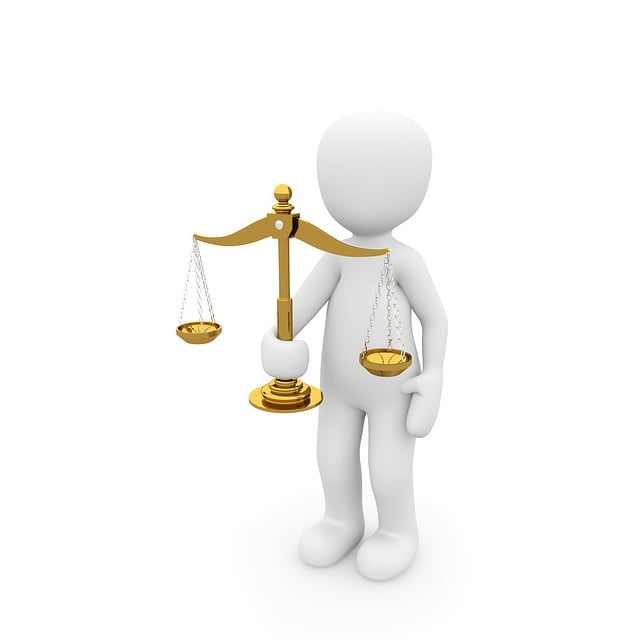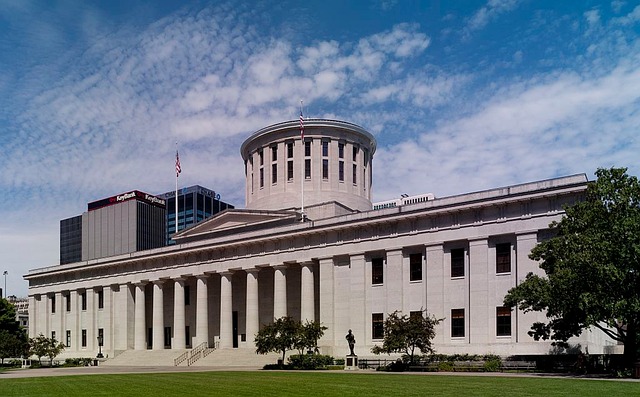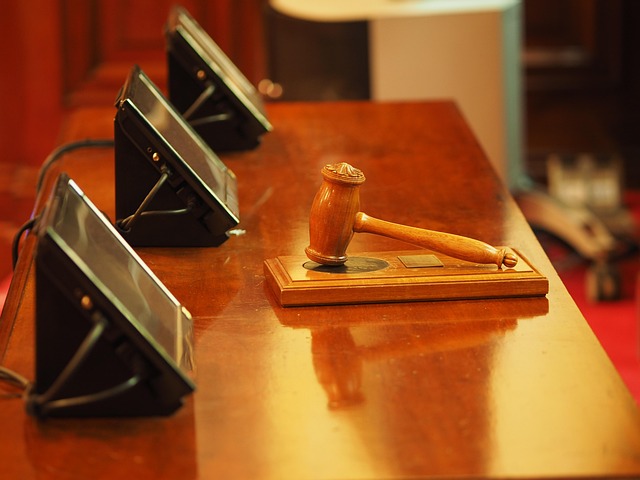C-Level investigations are complex, high-stakes inquiries into corporate issues involving senior leadership, mirroring criminal procedure litigation. They require a deep understanding of legal dynamics and expert discretion. Adhering to steps like arrest/summons, probable cause determination, pretrial motions, evidence gathering, fact-finding through digital forensics, background checks, and strategic defense tactics is crucial for successful navigation of these delicate cases, protecting businesses' interests, and upholding justice. A proven track record in presenting complex cases like white-collar crime ensures robust defenses through meticulous protocols at every stage.
“C-Level Investigations: Uncovering Corporate Truths”
In the corporate realm, high-level inquiries known as C-Level investigations are crucial for maintaining integrity and compliance. This article delves into the intricate process of such probes, offering an overview of understanding these investigations. From a legal perspective, it explores the framework of criminal procedure litigation, highlighting key steps in navigation. Initiation, evidence collection, and presentation strategies are also covered, providing best practices for successful C-level investigations, ensuring justice and transparency through effective steps in criminal procedure litigation.
- Understanding C-Level Investigations: An Overview of High-Level Inquiries
- Legal Framework: Navigating Criminal Procedure Litigation
- Initiating the Investigation: Key Steps and Protocols
- Evidence Collection and Preservation: Best Practices for Success
- Presenting Your Case: Effective Strategies in Court
Understanding C-Level Investigations: An Overview of High-Level Inquiries

C-Level investigations refer to high-level inquiries that delve into sensitive and complex matters within an organization, often involving senior leadership or C-suite executives. These investigations are akin to a meticulous dance through intricate steps in criminal procedure litigation, but with a focus on corporate governance, ethical conduct, and legal compliance. They require a thorough understanding of the organization’s structure, its policies, and potential legal implications.
The process involves several critical steps, mirroring the stages in criminal cases: gathering evidence, interviewing key stakeholders, analyzing documents, and constructing a comprehensive narrative. What sets C-Level investigations apart is their sensitivity and the high stakes involved. They often lead to significant outcomes, including regulatory action, strategic shifts, or even jury trials in extreme instances, where an unprecedented track record of corporate misconduct is exposed. Thus, these inquiries demand expertise, discretion, and a deep grasp of legal and business dynamics to navigate through high-stakes cases effectively.
Legal Framework: Navigating Criminal Procedure Litigation

In any C-Level investigation, understanding the legal framework is paramount, especially when navigating criminal procedure litigation. The process involves a series of steps designed to ensure fairness and due process for all parties involved. These steps include the initial arrest or summons, where law enforcement must provide clear reasons for the action, followed by a prompt presentation of the case before a magistrate to establish probable cause. This ensures that any charges are based on solid evidence.
The subsequent stages involve pretrial proceedings, including motions to suppress evidence, hearings to determine admissibility, and various legal defenses. A robust general criminal defense strategy can help individuals avoid indictment by challenging the prosecution’s case at each stage. For businesses facing such investigations, a deep understanding of their respective business practices and potential regulatory pitfalls is crucial. By proactively addressing these issues, companies can better navigate the complex landscape of criminal procedure litigation, aiming to protect their interests and reputation.
Initiating the Investigation: Key Steps and Protocols
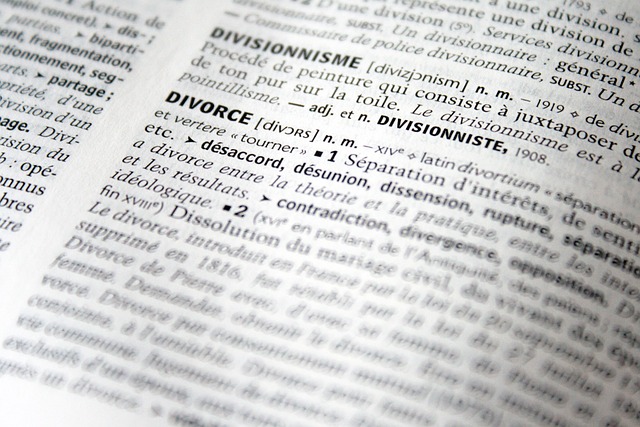
Initiating a C-Level investigation involves a meticulous process to ensure fairness and accuracy, which are paramount in general criminal defense strategies. The first step is understanding the specific allegations, gathering all relevant information, and documenting it thoroughly. This stage requires the expertise of professionals who can navigate complex steps in criminal procedure litigation, ensuring no stone is left unturned. By reviewing documents, interviewing witnesses, and collecting evidence, investigators lay a solid foundation for the subsequent legal proceedings.
The protocols then dictate a structured approach to fact-finding. This includes preserving digital evidence, securing physical clues, and conducting background checks where necessary. Each action should be recorded meticulously to support any winning challenging defense verdicts in potential jury trials. The investigation’s success hinges on adhering to these protocols, which ultimately strengthen the general criminal defense strategy for high-level individuals involved.
Evidence Collection and Preservation: Best Practices for Success
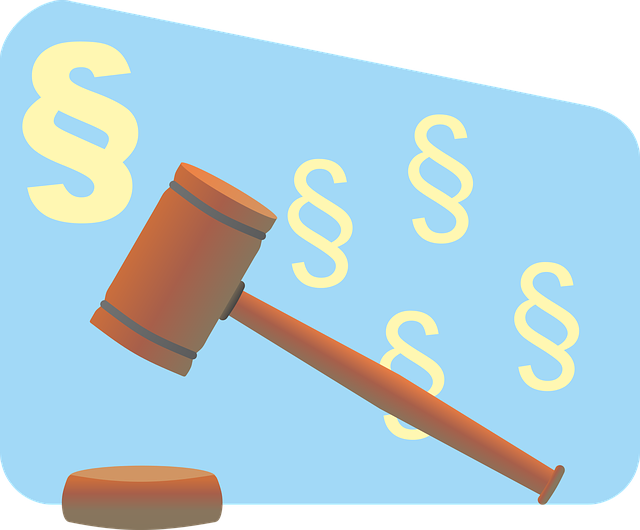
In the realm of investigations, especially at the C-Level where corporate integrity is on the line, evidence collection and preservation are paramount. Best practices involve a meticulous approach that aligns with the steps in criminal procedure litigation, ensuring admissible and reliable proof. This includes obtaining search warrants, conducting interviews under caution, documenting digital forensics, and securing physical evidence to preserve its integrity and chain of custody.
A robust strategy should also account for the evolving nature of digital trails, requiring advanced techniques to extract and analyze data from various sources. With an unprecedented track record in successful investigations, a general criminal defense approach can navigate these complexities. By adhering to thorough protocols throughout all stages of the investigative and enforcement process, organizations can mitigate risks, protect their reputation, and ensure justice is served.
Presenting Your Case: Effective Strategies in Court

When presenting your case, especially in complex matters like white collar and economic crimes, it’s crucial to adhere to the steps in criminal procedure litigation. This ensures a robust defense strategy. The initial stages involve gathering and organizing evidence, a meticulous process that demands attention to detail. Every document, piece of data, and witness statement should be carefully evaluated to build a compelling narrative.
Effective case presentation requires a strategic approach. Each step, from pre-trial motions to cross-examination, must be executed with precision. Legal professionals with an unprecedented track record in such investigations understand these intricacies, leveraging their expertise to navigate the legal landscape. They employ persuasive tactics, such as highlighting procedural errors or questioning the reliability of evidence, to sway the court’s decision in their client’s favor.
C-Level investigations demand a meticulous understanding of both legal frameworks and best practices in evidence handling. By navigating the intricate steps in criminal procedure litigation, organizations can ensure fair and effective inquiries that uphold justice while protecting their interests. Through proper initiation, evidence collection, and presentation, each phase becomes a strategic component in achieving successful outcomes during these high-stakes proceedings.

